The Heritage of the Bahmanis & The Baridis of the Deccan (1347-1538-1619 A.D.)
This book - The Heritage of Bahmanis and the Baridis completes The Heritage series of book which the author, Dr.M.A. Nayeem had began a decade ago. In the series he has already published the following titles: The Spleandour of Hyderabad (2002. revised edition 2011); The Heritage of the Qutb Shahis of Golconda and Hyderabad (2006); The Heritage of the Adil Shahis of Bijapur 2008); and The Royal Palaces of the Nizams (2009).
These five magnum opus volumes present for the first time a comprehensive illustrated account with several hundreds of historical photographs, in each volume, both multi-colour and monochrome, relating to numerous aspects-history, socio-economic, cultural, art, architecture, religion archaeology, numismatics, foreign relations with west Asia, etc. They cover 600 years of the medieval Deccan from 1347-1947 A.D.
The present volume, profusely illustrated, an outcome of several years research, is a broad based- study that integrates diverse elements and presents a synthesized panoramic survey, covering its four capitals. It recaptures the sublime spirit of life and times in the vast Bahmani empire which extended from sea to sea, and which had left lagacies of culture that had grounded in powerful set of oriental ideas and traditions related to a specific social - cultural context. These traditions brought by the foreign west Asian immigants, including the founders of the Bahmani and Baridi dynasties who hailed from lran and Turkey, respectfully.The traditions expended in court culture, social institutions, customs and ceremonies, dress, and etiquette, rituals, art, architecture, religion, persian language, epigraphy, calligraphy, literature etc. underlined and marked the cohesive and harmonious society. These aspects contributed to the evolution of a composite cultures, of which the four capital Daulatabad, Gulbarga, Firozabad and Bidar were the nucleus and cradle.
Get it now and save 10%
BECOME A MEMBER

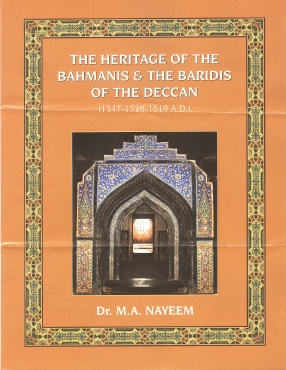
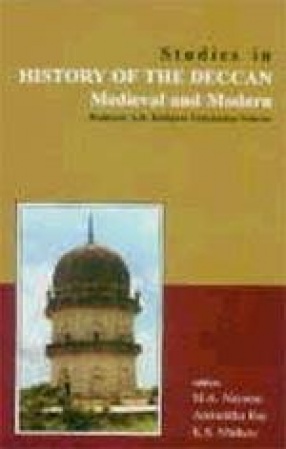

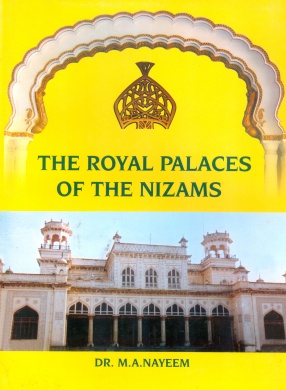

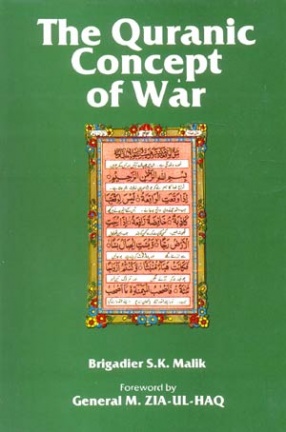
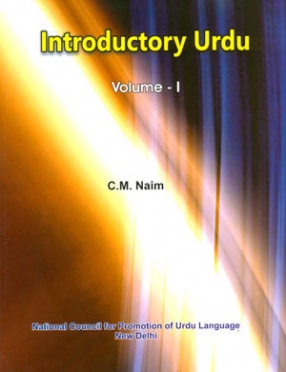



Bibliographic information